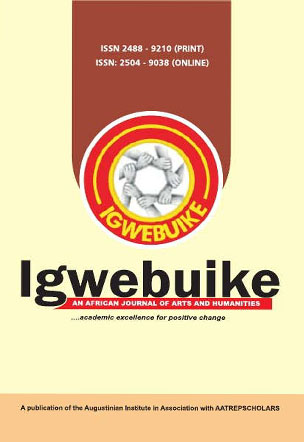
Vol. 8 No. 2, 2022
ABSTRACT
Induction has been viewed as a scientific method. That is to say that scientific hypothesis, theories and laws are arrived at by means of induction. But induction has its problem; the problem of justifying the inductive inference from the observed instances to unobserved instances. This is the problem of hasty conclusion. Thus, in induction, the inference is rationally unjustified. This explains why the truism of induction as a method of science was challenged by Karl Popper who contended that induction by its very nature cannot bring about progress in science even as it cannot really enable us demarcate what is scientific from what is not. In contrast, Popper propounded his famous theory of falsificationism where he asserts that the criteria of the scientific status of a theory are its falsifiability or refutability, or testability. In this way, Popper believes that progress in science would be achieved. This study employs the method of analysis to bring to the fore, the problems associated with induction and which have prompted and propelled Popper’s conception of science. This study reveals that, for Popper, induction is not capable of assuring progress in science.
